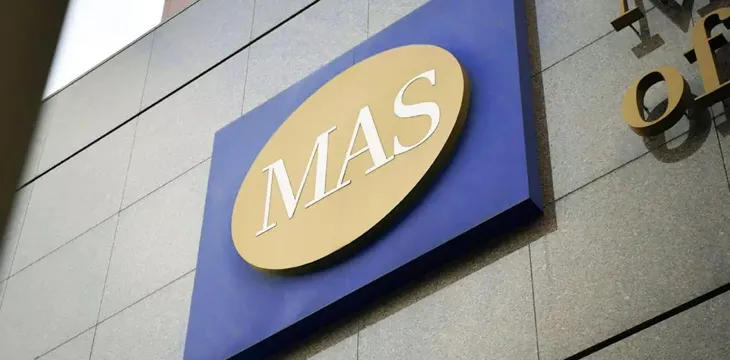|
Getting your Trinity Audio player ready...
|
Singapore’s financial regulatory body, the Monetary Authority of Singapore (MAS), has taken it upon itself to “bring together” cryptocurrency companies and the banks, following complaints from crypto operators about the difficulties in setting up bank accounts in the sovereign city state, Bloomberg reported.
In an interview with the news outlet, MAS Managing Director Ravi Menon said the goal of the agency—which also operates as the country’s central bank—“is to bring the banks and cryptocurrency fintech startups together to see if there is some understanding they can reach.”
The Monetary Authority of Singapore may be willing to help crypto startups, but Menon clarified that the financial regulator will not be attracting crypto startups to Singapore using “an extremely lax regulatory environment.” According to Menon, banks are treading carefully in dealing with cryptocurrency exchanges and firms whose nature “is a bit different,” which means “banks may need to employ other ways in which they can establish bona fide.”
“I hope we can bring minds together on this so we that we can get over this hurdle,” Menon said, according to the report.
Singapore is working towards developing its financial technology sector as a means of creating jobs. The country, however, taking a cautious approach when it comes to the cryptocurrency industry, although Menon pointed out that its regulatory system is different from China—which bans crypto activities outright—and Japan, which has adopted a more welcoming approach to the nascent sector.
In Singapore, cryptocurrency activities fall under three categories: the first are utility tokens, which are used for purposes like payments, and therefore need “hardly any regulation.”
Digital tokens make up the second category, and these are governed by the Securities and Futures Act (SFA), according to Menon. Currently, only few initial coin offerings (ICOs) have made it to second category, since “most of them are careful to steer clear” of the line lest they incur “the full weight of the SFA.”
The third group, according to Menon, is composed of payment tokens like “highly risky” Bitcoin due to its price swings.
Menon explained, “If they are not security, then we don’t have a problem with it. We’ve seen quite a lot of ICO activity that is not security related. And there’s a lot of interesting business models out there trying to raise capital in interesting ways, which as far as the consumers are aware of what these are, we have no issues.”

 07-15-2025
07-15-2025 





